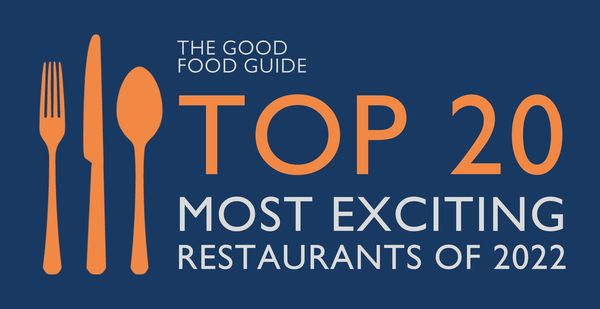A jumble of well-maintained houses clinging to the side of a steep hill affording stunning views across the Avon Valley, Limpley Stoke is everything one might expect from a chocolate box village in the Cotswold Area of Natural Beauty. For many years, however, the village was missing one vital component; a local pub.
‘It had been closed for four to five years’, explains local resident, solicitor and now secretary of the Limpley Stoke Community Benefit Society, Sally Humpston. ‘The sellers wouldn’t engage with anyone locally about buying the freehold and nobody wanted to take on their tenancy terms.’ When Humpston and her fellow villagers discovered that the owners were planning to sell the pub to residential housing developers in July 2021, meaning it would be lost forever, they swung into action to protect what they saw as a vital community resource.
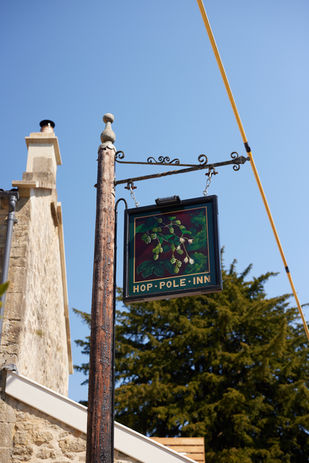
‘The idea was simply that we have to have go at this,’ says Humpston. ‘Previous generations going back 400 years had enjoyed it as a pub so why should it stop on our watch?’ The Limpley Stoke Community Benefit Society was constituted in September 2021 and a share offer launched to raise the funds to buy the pub’s freehold. It met its target of £360,000 in just ten days.
Community pub ownership is a growing trend in the UK. According to recent figures collected by Plunkett UK, a charity that supports people in rural areas to set up and run businesses in community ownership, 18 more community pubs opened in 2025 – bringing the total to 210. Once open, a highly invested local following means these pubs have a much better long-term success rate than your average boozer, with 94% staying in business.
The first of the 18 community pubs that opened this year, the Hop Pole Inn, has already found its way into the Good Food Guide’s 100 Best Pubs list. It’s joined there by the George at Burpham, which has been owned by local shareholders since 2013, and has been attracting praise for its hyper-local, sustainable menus since being taken on by husband-and-wife team Martin and Charlotte Bull in 2023.
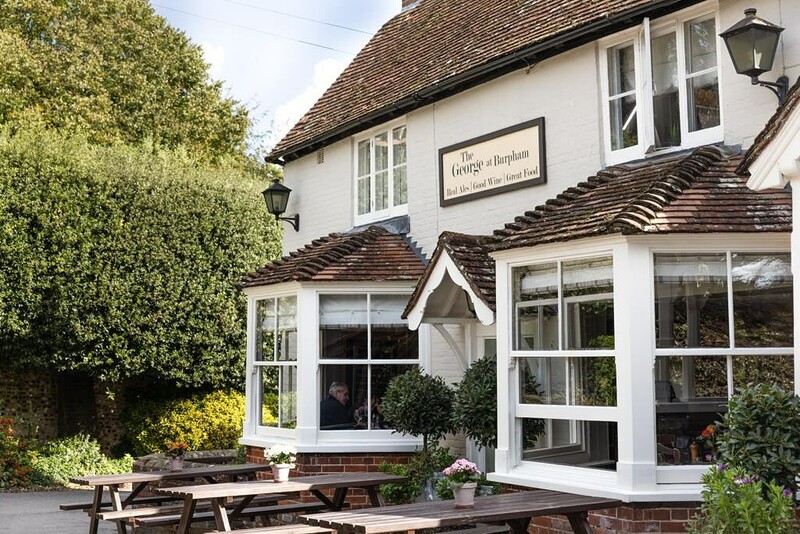
Another Local Gem to have featured in previous editions of the Good Food Guide is the King’s Arms in Shouldham, Norfolk, a food pub staffed by volunteers that recently celebrated its eleventh year in community hands. King’s Arms community shareholder, food journalist and Plunkett adviser Phil Harriss is emphatic about the importance of food to the pub’s survival. ‘In rural out of the way areas a pub has to be a destination pub’, he explains, ‘so good food is really important.’
'We didn't want a gastropub'
But what if there’s a tension between a pub’s community goals and aspiring to destination status through food? Local people who give months and sometimes years of voluntary labour to save their pub from extinction, usually do so to ensure it will remain their local boozer, rather than a smart restaurant with a wide reach. In Limpley Stoke, this was clearly expressed in survey of shareholders that revealed a wariness of fancy chefs with fine dining aspirations taking on the pub.
‘We were a little cautious when selecting our tenants to emphasise we didn’t want a gastropub,’ said Sally Humpston, ‘We still wanted our pub to be welcoming for popping in for a pint.’
Chef Charlie Rawlings grew up locally and his family still farm nearby. Having recently returned from five years cooking on mega yachts, he and partner Hannah Randall were on the lookout for a new business venture when they drove past the newly refurbished Hop Pole Inn on the way home from lunch. Informed by his mum that it was a community pub looking for tenants, Rawlings says from a business perspective, at first he had qualms about the idea of being answerable to a whole community.
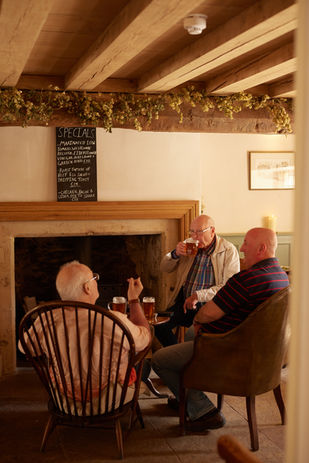
Any doubts were quickly dispelled, however, when he and Randall visited the pub the next day. ‘We were just blown away by the quality of the project,’ he explains, ‘they definitely had the same sort of vision of what makes a great pub as we had and they were also just such lovely people.’
As luck would have it, Rawlings was more than happy to set aside the ‘foams and smears’ of fine dining. ‘Fine dining is not what I wanted to do – I’ve done it forever,’ he explains, ‘I wanted to come back and cook food that is sourced locally from our farm as much as possible and provide people with something that is extremely good quality but at an affordable price and that people can relate to.’
'people are visiting the pub more often because the food is so good.'
10 months down the line and Rawlings’ food has won over locals and critics alike. Humpston laughs recalling a recent starter of ‘KFP – Kentucky Fried Pheasant,’ adding that Rawlings and Randall, who manages front of house, ‘seem to have brought some magic’ to the pub. The bottom line from a business and social perspective is that people are visiting the pub more often because the food is so good.
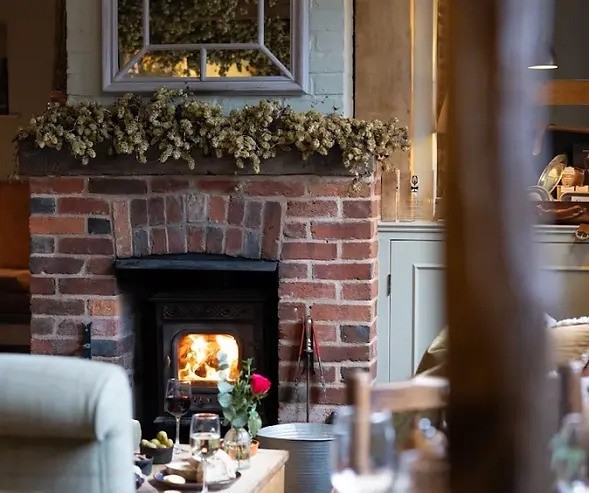
Martin Bull at the George chuckles when asked about his pub shareholders’ approach to food. ‘I think they were a little worried at first, alienating everyone with this fancy food, but we offer something for everyone. You can come and sit at the bar and have a Scotch egg and a pint or enjoy a three-course meal with a nice bottle of wine.’
What’s more, Bull’s promise to source as many ingredients as possible from within 20 miles of the pub has been good for business and pleased the local community. As sourcing hyper-locally supports the businesses that employ many of the pub’s regulars, it’s something of a virtuous circle economically.
Sussex born and bred, Bull’s love for the local terroir is palpable. ‘I think the bounty it offers is amazing – you’re 20 minutes from the sea, you’re 20 minutes from the countryside, it’s perfect. And now all the local vineyards popping up – why leave Sussex, it’s all here!’
In a punishing economic climate for the hospitality industry, it is perhaps not surprising that Plunkett UK is currently supporting 90 groups on their journey to save their local pub by taking it into community hands. They could do a lot worse than visit these Good Food Guide-listed community pubs to learn that happy locals and delicious locally-sourced food are a potent combination. Who wouldn’t want to own a share of that?
View The Good Food Guide's 100 Best Pubs 2025, in partnership with Timothy Taylor's Landlord, in full here.

